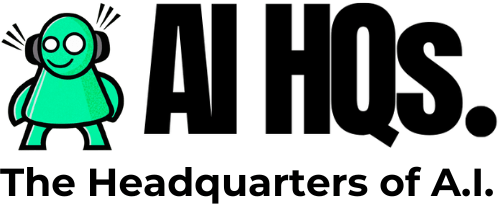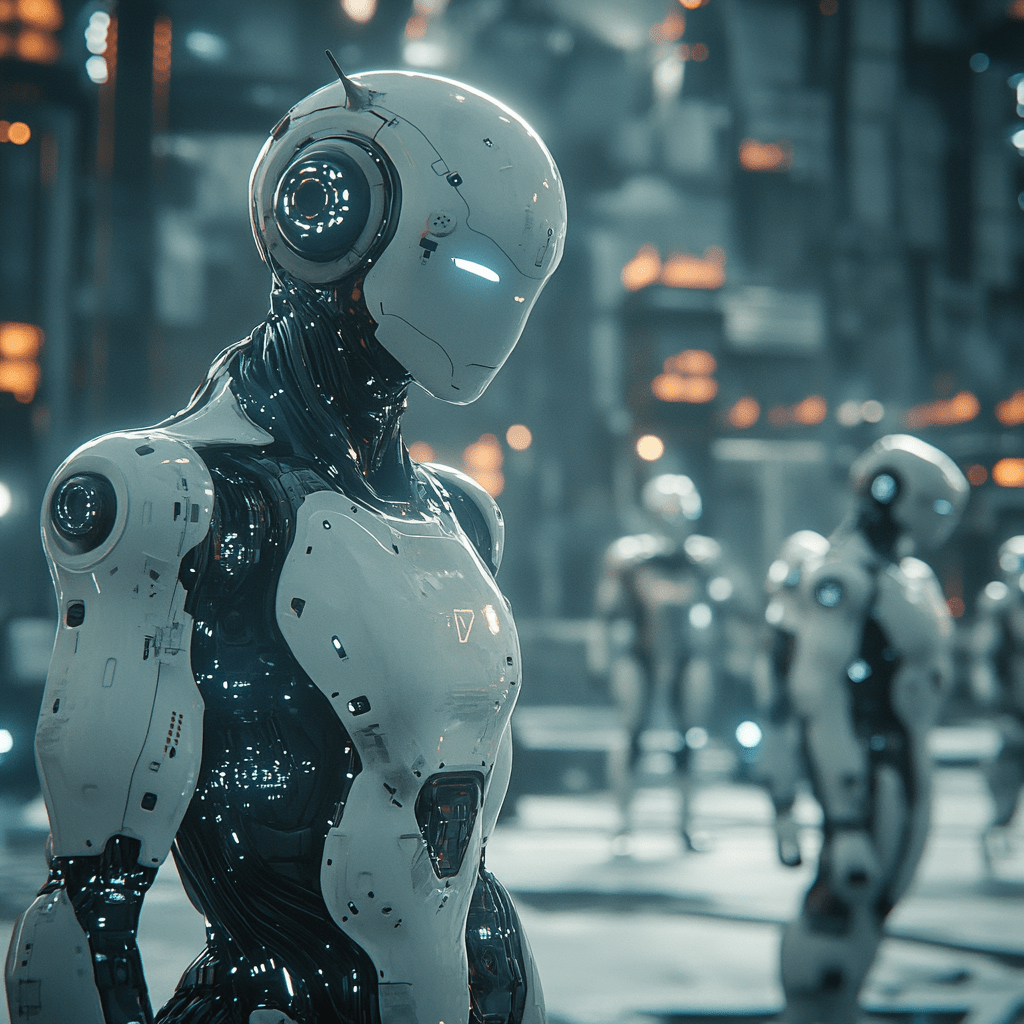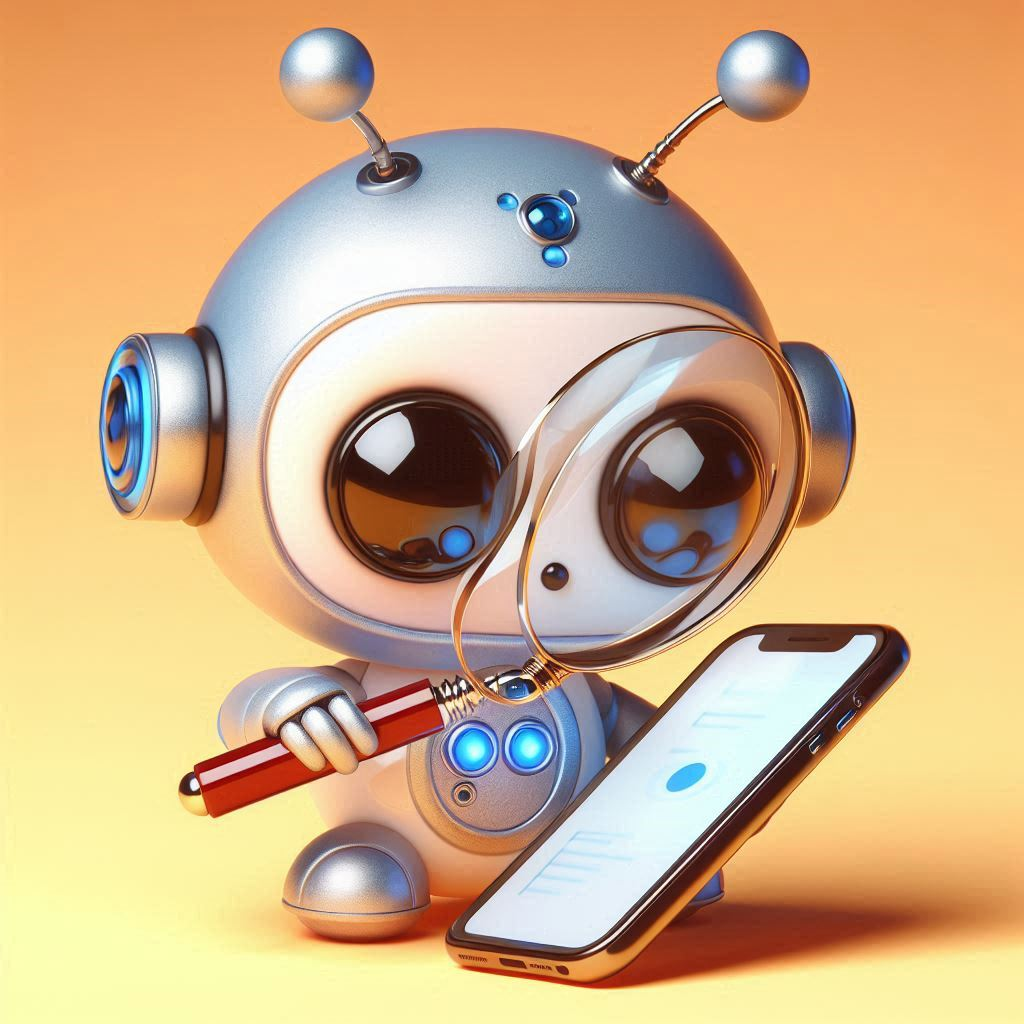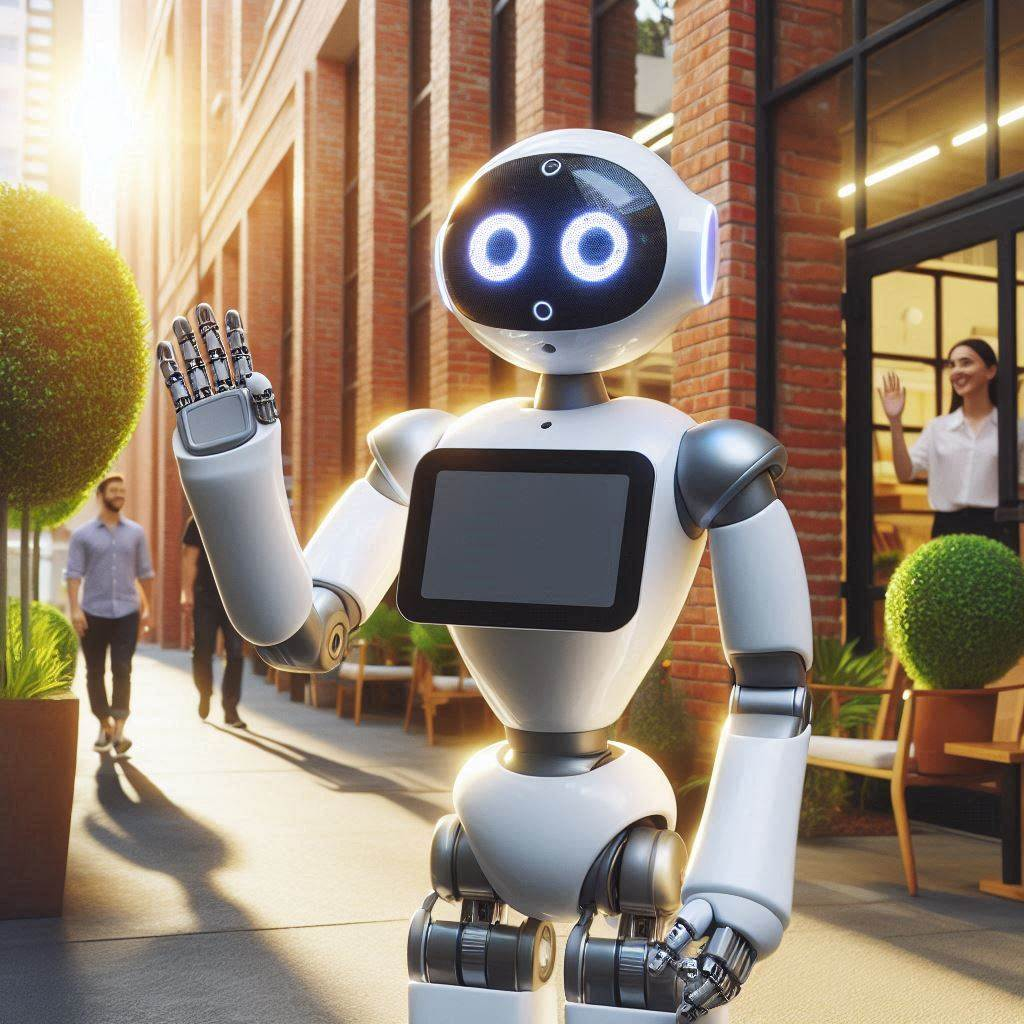Stack Overflow OpenAI Partnership Sparks Controversy
The recent announcement of a new API partnership between Stack Overflow and OpenAI has ignited a significant controversy within the Stack Overflow user community. The collaboration, which aims to integrate Stack Overflow’s vast repository of technical content with OpenAI’s ChatGPT AI assistant, has been met with a mixture of excitement and backlash. While the companies promote the benefits of this partnership, many Stack Overflow users are outraged by the use of their contributed content to support and train AI models, sparking anger and protest.
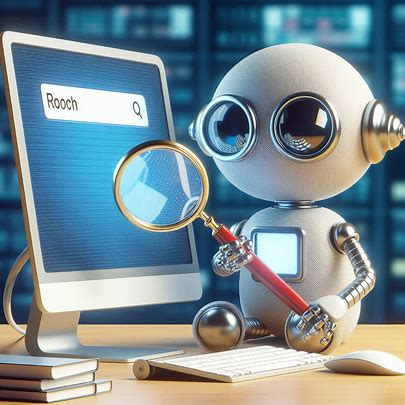
Stack Overflow, a widely used question-and-answer site for software developers, has long been a valuable resource for coding-related inquiries. Its large community of developers has diligently contributed their knowledge and expertise to help others solve programming problems. Over the past decade, the site has become a crucial tool for many developers seeking solutions to coding challenges. However, the new partnership with OpenAI has raised concerns among the contributors who feel that their work is being exploited without their consent.
Under the announced partnership, OpenAI will utilise Stack Overflow’s OverflowAPI product to enhance its AI models using content from the Stack Overflow community. This move will officially incorporate information that many believe OpenAI had previously scraped without a licence. OpenAI will also “surface validated technical knowledge from Stack Overflow directly into ChatGPT, offering users access to trusted, attributed, accurate, and highly technical knowledge backed by millions of developers’ contributions over the past 15 years.” In return, OpenAI plans to provide attribution to the Stack Overflow community within ChatGPT, though the specifics of this attribution remain unclear. Additionally, Stack Overflow will use OpenAI technology in developing OverflowAI, an AI model announced in July 2023 that leverages a large language model to provide answers to developer questions.
The partnership announcement has been met with strong opposition from many Stack Overflow users. The discontent is particularly pronounced given that Stack Overflow had previously taken a negative stance toward generative AI. The platform banned answers written using ChatGPT, citing the low accuracy rate of AI-generated responses. Furthermore, it was reported last year that the popularity of ChatGPT had significantly reduced Stack Overflow’s traffic, a claim the company later refuted, attributing it to faulty external analysis.
In response to the partnership, some users have taken drastic measures, attempting to alter or delete their Stack Overflow posts in protest. They argue that the collaboration exploits their labour without providing a way to opt out. This protest has led to conflicts with Stack Overflow staff, who have reportedly been banning users and erasing or reverting protest posts. One user, Ben, shared his experience on Mastodon, recounting how he tried to delete his highest-rated answers only to find that Stack Overflow does not allow the deletion of questions with accepted answers and many upvotes. Instead, he changed his highest-rated answers to a protest message. Within an hour, moderators had reverted the changes and suspended his account for seven days.
Stack Overflow moderators have stated that once posts are made, they become “part of the collective efforts” of other contributors and should only be removed under extraordinary circumstances. The site’s terms of service also stipulate that users cannot revoke permission for Stack Overflow to use their contributed content. While Stack Overflow owns user posts, the site operates under a Creative Commons 4.0 licence, which requires attribution. It remains to be seen if the ChatGPT integrations will honour this licence to the satisfaction of disgruntled Stack Overflow users. For now, the battle between the company and its community continues.
This controversy highlights a broader issue of how user-generated content is utilised and monetized by platforms. Many users feel that their contributions are being used without adequate compensation or recognition. The Stack Overflow community’s response to the partnership with OpenAI underscores the importance of transparency and fairness in how companies handle user-generated content. As AI technology continues to advance, these issues will likely become more pronounced, necessitating clearer guidelines and policies to ensure that contributors are fairly treated and adequately credited for their work.
Despite the backlash, Stack Overflow and OpenAI are moving forward with their collaboration. According to the partnership announcement, the integration of Stack Overflow’s technical content with OpenAI’s AI models aims to empower developers by providing accurate and vetted data quickly. OpenAI’s COO, Brad Lightcap, emphasised the importance of learning from diverse languages, cultures, subjects, and industries to serve everyone effectively. He expressed confidence that the partnership with Stack Overflow would enhance the user and developer experience on both platforms.
Stack Overflow’s CEO, Prashanth Chandrasekar, highlighted the site’s status as the world’s largest developer community, with over 59 million questions and answers. He expressed optimism that the partnership with OpenAI would redefine the developer experience by fostering efficiency and collaboration through the power of community, best-in-class data, and AI experiences. Chandrasekar reiterated the company’s commitment to advancing socially responsible AI and setting new standards with vetted, trusted, and accurate data.
The first set of new integrations and capabilities between Stack Overflow and OpenAI is expected to be available in the first half of 2024. The partnership aims to enable Stack Overflow to reinvest in community-driven features and continue to grow and engage its user base. However, the success of this collaboration will depend on how well the companies address the concerns of the Stack Overflow community and ensure that contributors are fairly credited for their work.
In conclusion, the new API partnership between Stack Overflow and OpenAI has sparked significant controversy among Stack Overflow users. While the collaboration aims to enhance AI models and provide developers with accurate and vetted technical knowledge, many contributors feel that their work is being exploited without their consent. The backlash highlights the need for transparency and fairness in how user-generated content is utilised and monetized. As AI technology continues to evolve, companies must establish clear guidelines and policies to ensure that contributors are adequately credited and fairly treated. The success of the Stack Overflow and OpenAI partnership will ultimately depend on their ability to address these concerns and foster a mutually beneficial relationship with their user community.
for all my daily news and tips on AI, Emerging technologies at the intersection of humans, just sign up for my FREE newsletter at www.robotpigeon.be
